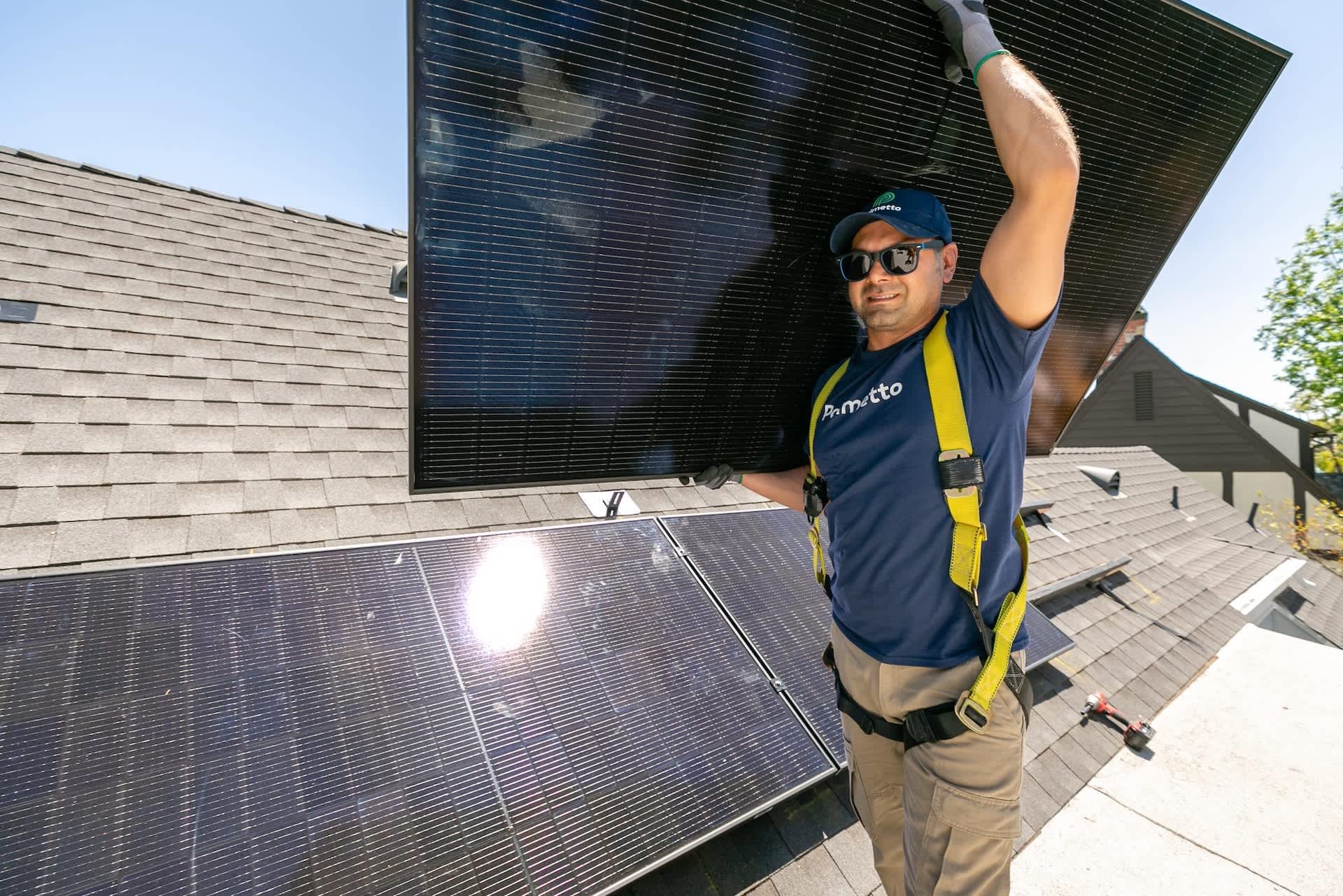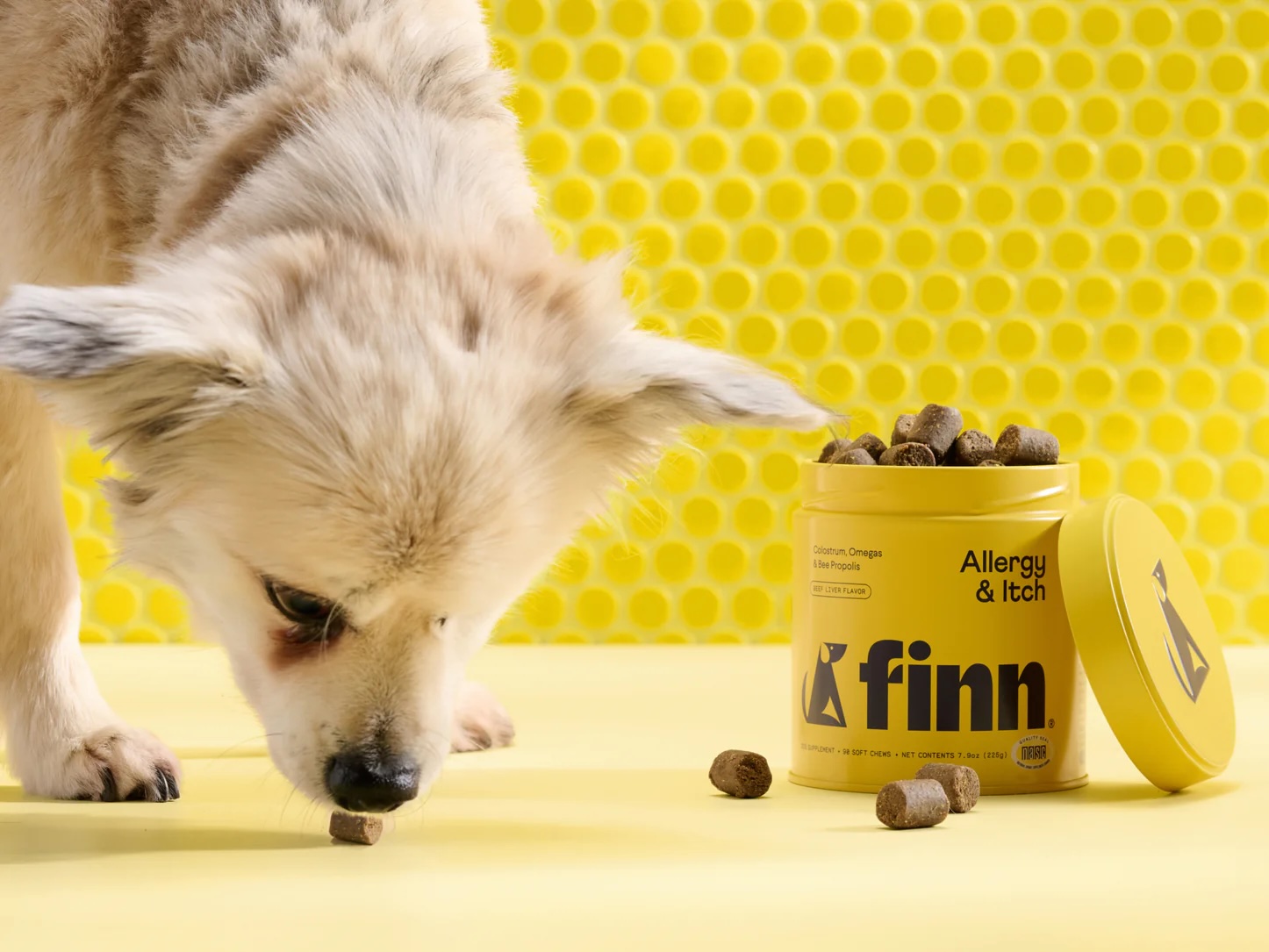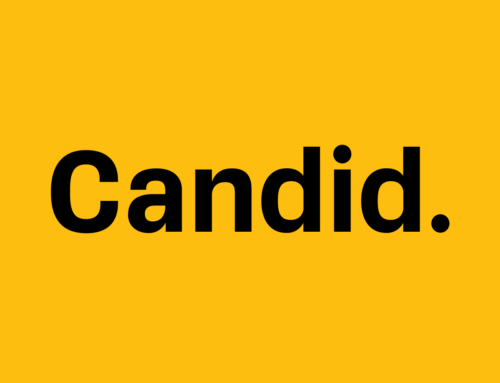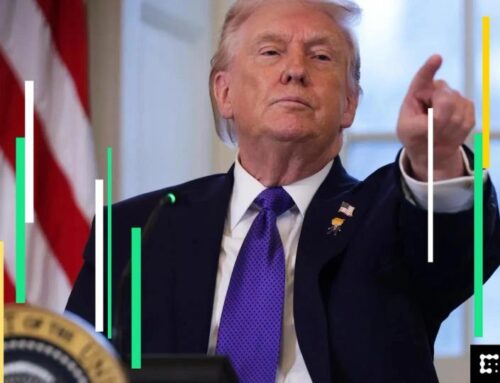Innovative vineyard discovers game-changing new method that almost works too well: ‘Farmer
May 26, 2025
It’s a good problem to have when your tech almost works too well in a way that concerns regulators. That is the unique conundrum faced by SolarWine and its entrepreneurial founders Eli Safra and Dan Goldblat.
ISRAEL21c profiled the company, which combines solar panels and winegrowing in a more expansive and sophisticated fashion than just about anyone else. While agrivoltaics in vineyards isn’t novel, the extent to which SolarWine leverages the panel’s capabilities to adapt to the weather is unique.
SolarWine uses machine learning to guide the folding panels on when to provide needed shade for the grapes or take in excess energy. The panels can also be used as protection against heavy rainfall and wind. It all amounts to a win for farmers, who can control the weather and generate passive income as they do it.
“What we’re doing with machine learning is to control the panels in order to balance and optimize the energy of the sun,” Safra explained to ISRAEL21c. “Exactly the right amount goes to the grape, and any excess goes to generating electricity.”
The setup also works seamlessly into the infrastructure of the vineyard. It uses the already-standing poles that bolster vines and don’t impede harvesting machines. If that all sounds too good to be true, the Israeli government is worried that it is.
Safra said that “farmers are standing in line to get our solution.” That level of interest could have an unintended consequence.
FROM OUR PARTNER
Can’t afford solar panels? Here’s how to get them without paying for purchase or installation
|
“On the one hand, the country needs a lot more energy, but on the other hand, they block you from putting up solar panels because they are afraid about food security,” Safra noted. “The [Israel] Ministry of Agriculture is concerned that farmers will see they’re getting more income from selling energy, so they will stop cultivating their fields.”
The company is addressing that concern by linking up with an energy company in Israel to navigate those hurdles and get on the same page with the government.
SolarWine’s inventive use of agrivoltaics and machine learning is another example of how farmers can creatively use the panels on their lands. Israel is no stranger to heat waves, and using the panels to contend with those and create a microclimate could pay huge dividends.
Agrivoltaics has also shown a ton of promise for grazing sheep and cultivating olive production. It also helps bolster clean energy production and eases the transition from dirty energy that heats the planet. As farmers face challenges from the changing climate, it can help create more favorable conditions for crops and generate revenue.
TCD Picks » Grove Collaborative
????Grove makes it easy to cut toxins, plastic, and pollution with a collection of healthier home products
For SolarWine, it is on the verge of signing a contract for 120 megawatts of energy in the next four years, per ISRAEL21c. The company is growing deliberately from a 500-square-meter (5,382-square-foot) initial installation to a setup six times larger in the future. It’s also looking to expand globally in other winemaking areas in California and Europe.
Join our free newsletter for weekly updates on the latest innovations improving our lives and shaping our future, and don’t miss this cool list of easy ways to help yourself while helping the planet.
Search
RECENT PRESS RELEASES
Related Post




















